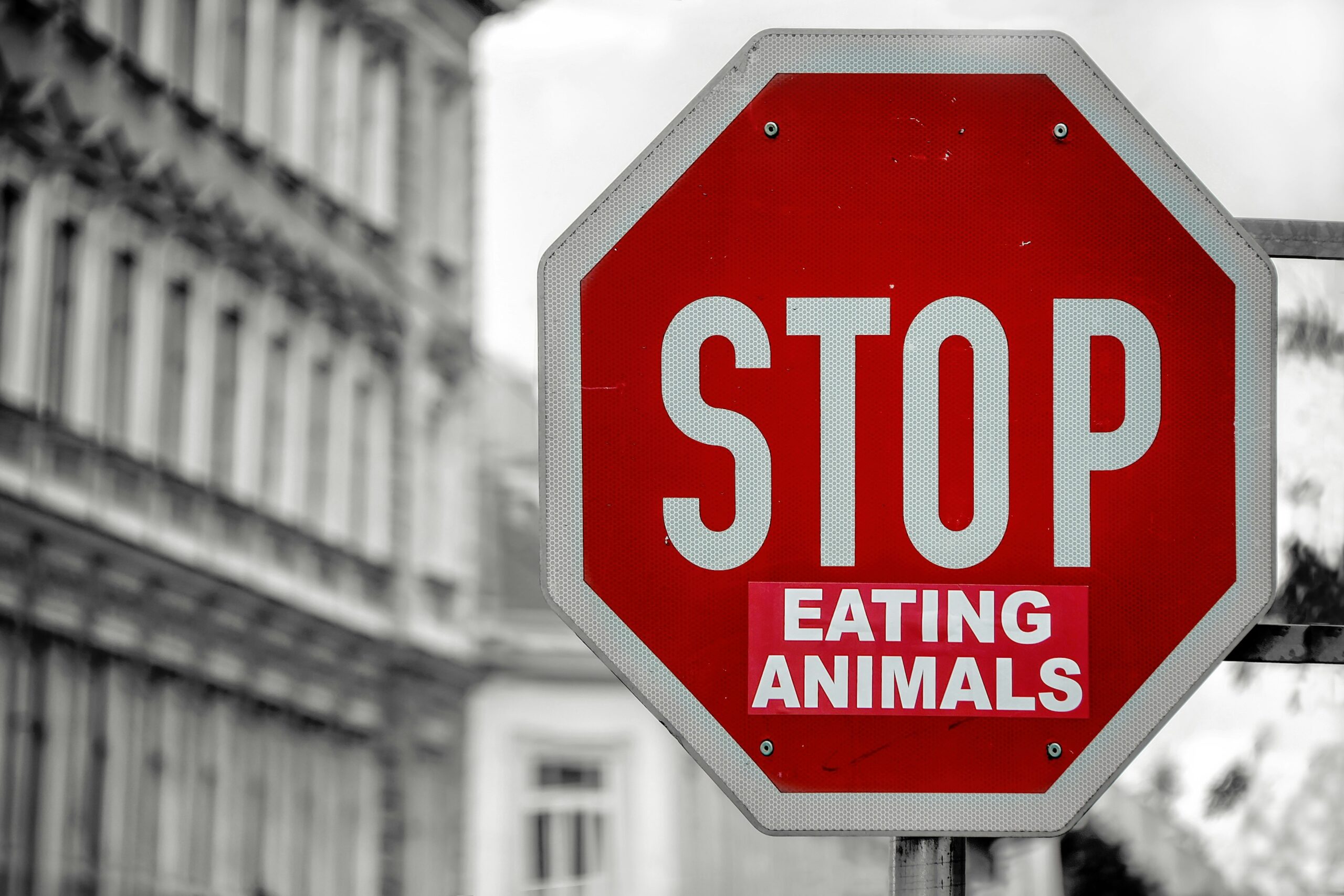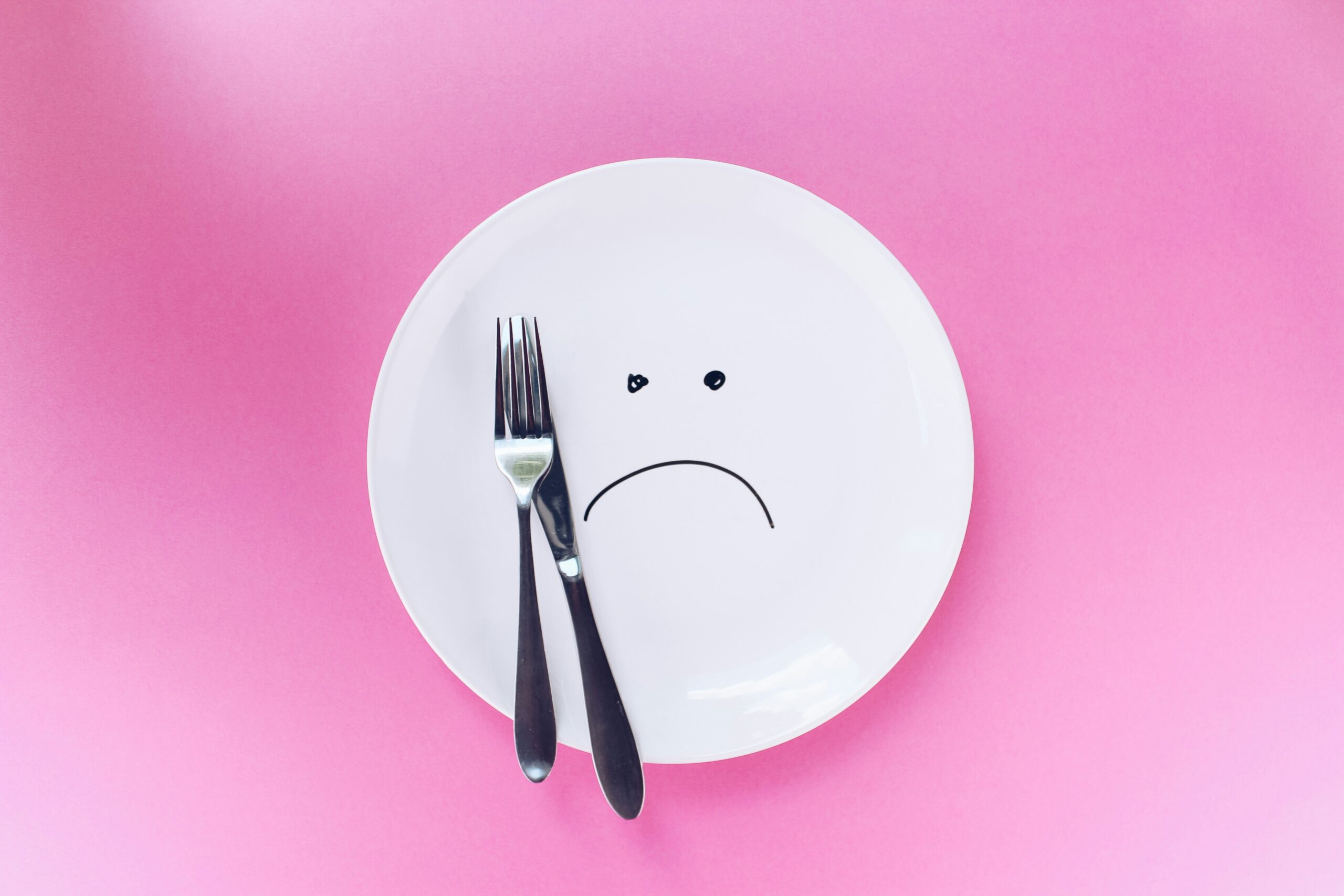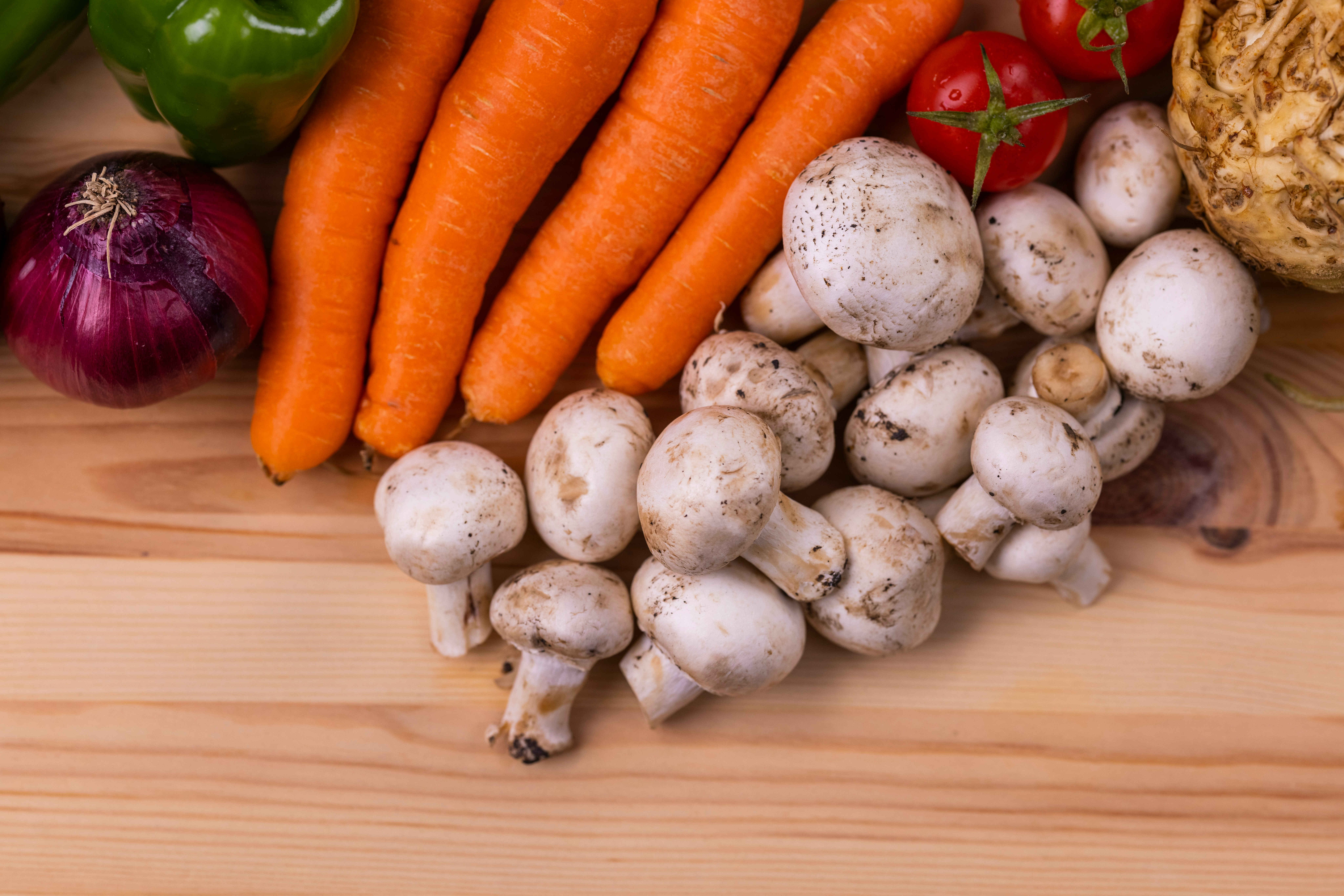Vegan food is a product that does not contain animal ingredients. Not only meat but also milk, eggs, and other zoonotic products do not count as vegan food. However, vegan options are plentiful, and a vegan diet can be healthy and varied. Veganism is currently a trendy way of eating in the United States and worldwide. Vegan food is associated with health benefits.
But there is also a lot of talk about the risk of nutrient deficiencies on a vegan diet. Among other things, it can be a challenge for vegans to get enough protein into their bodies. Protein is mainly contained in animal products, which are eliminated from the vegan diet.
Different forms of plant protein are used in a vegan diet. For vegans who lack meat in their diet, vegan alternative products are also available. Meat substitutes imitate the taste and texture of meat products while providing nutritional value. Various vegan protein sources are used in the production of meat alternatives. Manufacturers are trying to develop vegan options safely and healthily. But does vegan food provide the necessary elements? Learn more about vegan dietary options today.

The vegan diet has gained wide popularity in recent years. Vegans follow stricter recommendations and restrictions than vegetarians. No animal products and by-products are allowed in the diet, which includes meat, fish, seafood, eggs, dairy products, and other zoonotic products such as gelatine. Although very restrictive, a vegan diet is not difficult to follow and can be associated with many health benefits. Benefits of a vegan diet include:
Overweight obesity is a severe public health problem that can lead to many health complications. Complications of obesity include a long list of diseases and ailments. Unhealthy eating habits can, therefore, lead to many problems. Several studies indicate that a vegan diet can positively affect body weight![]() . Experts suggest that a vegan diet can lead to weight loss. The reason for this may be the higher fiber content of a vegan diet with lower fat content. In addition, vegan foods have a lower calorie density than foods of animal origin.
. Experts suggest that a vegan diet can lead to weight loss. The reason for this may be the higher fiber content of a vegan diet with lower fat content. In addition, vegan foods have a lower calorie density than foods of animal origin.
Cardiovascular disease has a very high mortality rate, which is also a significant public health problem and is closely linked to lifestyle and eating habits. In contrast, some studies report that vegan diets can reduce the possibility of various types of cardiovascular disease. This may be related to the fact that a vegan diet does not contain high cholesterol![]() . Eating vegan foods may also reduce blood pressure. However, experts warn that many short-term studies are limited and must provide accurate data on this topic.
. Eating vegan foods may also reduce blood pressure. However, experts warn that many short-term studies are limited and must provide accurate data on this topic.

It is estimated that the problem of metabolic disorders, i.e., diabetes, may increase. Diabetes can be an acquired or congenital disease, and whatever the cause, it is a challenge to maintain health. The metabolic disease can lead to many complications and problems in the skin, bones, and organs. Diet is an essential part of supporting this type of disease. However, a well-planned vegan diet can improve glycemic control![]() . This concerns the beneficial effects of fiber, which is abundant in vegan foods. In addition, eating vegan food can counteract the pathophysiological processes associated with insulin resistance. A vegan diet may, therefore, be an excellent way to manage the disease in people with diabetes.
. This concerns the beneficial effects of fiber, which is abundant in vegan foods. In addition, eating vegan food can counteract the pathophysiological processes associated with insulin resistance. A vegan diet may, therefore, be an excellent way to manage the disease in people with diabetes.
One of the neurodegenerative diseases is Alzheimer's disease, which is the subject of much research. Researchers have sought ways to prevent and treat the disease for years. Some reports suggest that a vegan diet may have a protective effect against Alzheimer's disease. This may be related to the reduction of inflammatory markers![]() , which has a significant impact on the development of dementia disease. In addition, thanks to the high amounts of quercetin in vegan foods, this type of diet may have antidepressant and anti-anxiety effects. However, some studies have contradictory results; thus, further exploring the relationship between the vegan diet and brain function is needed.
, which has a significant impact on the development of dementia disease. In addition, thanks to the high amounts of quercetin in vegan foods, this type of diet may have antidepressant and anti-anxiety effects. However, some studies have contradictory results; thus, further exploring the relationship between the vegan diet and brain function is needed.
The vegan diet is popular today, but it still causes some controversy in a health context. Some studies suggest that eating only vegan food can improve health outcomes and protect against certain diseases. However, other studies point to the risks of a vegan diet and possible factors negatively affecting health. First, this type of diet can be associated with various deficiencies, especially if followed incorrectly. Therefore, supplementation is often recommended during a vegan diet. Risks of a vegan diet include:

Providing protein can be problematic for many beginning vegans. Therefore, the risk of deficiencies of this element should be considered when deciding to switch to a vegan diet. The study noted that compared to meat-eating people, vegans consumed less protein overall. This may be related to plant proteins being less digestible![]() than animal proteins. Vegans who consume less amino acids may be at risk of health consequences. Therefore, a lot of soya protein, legumes, seeds, and nuts are essential in a vegan diet.
than animal proteins. Vegans who consume less amino acids may be at risk of health consequences. Therefore, a lot of soya protein, legumes, seeds, and nuts are essential in a vegan diet.
A vegan diet can present the problem of low Vitamin B12![]() and Vitamin D
and Vitamin D![]() . Zoonotic foods such as eggs and meat are rich in Vitamin B12 but not found in vegan foods. The lack of vegan foods containing this element makes supplementation of this vitamin necessary. Vitamin B12 deficiencies can be associated with hematological and neurological problems. In addition, vitamin D is not likely to be found in vegan foods, affecting the risk of deficiency. This type of vitamin can instead be found in some vegan foods, such as mushrooms, but supplementation may also be necessary.
. Zoonotic foods such as eggs and meat are rich in Vitamin B12 but not found in vegan foods. The lack of vegan foods containing this element makes supplementation of this vitamin necessary. Vitamin B12 deficiencies can be associated with hematological and neurological problems. In addition, vitamin D is not likely to be found in vegan foods, affecting the risk of deficiency. This type of vitamin can instead be found in some vegan foods, such as mushrooms, but supplementation may also be necessary.
In addition to vitamin deficiencies, imprudent vegans are also at risk of mineral deficiencies. Among other things, people on a vegan diet may have problems getting enough iron![]() . Plant sources of this mineral are less bioavailable, which means that absorption is hindered. In addition, a zinc
. Plant sources of this mineral are less bioavailable, which means that absorption is hindered. In addition, a zinc![]() deficit is also possible when nuts, seeds, and whole grain products are missing from the vegan diet. Calcium
deficit is also possible when nuts, seeds, and whole grain products are missing from the vegan diet. Calcium![]() and selenium
and selenium![]() deficiencies have also been observed among vegetarians. Numerous mineral deficiencies can cause several different health problems.
deficiencies have also been observed among vegetarians. Numerous mineral deficiencies can cause several different health problems.
Studies have noted that people on a vegan diet consume low amounts of calcium and Vitamin D, which can translate into bone density. Vitamin D deficiency causes problems with calcium absorption in the gut, leading to lower bone mineral density. The problem particularly affects children and teenagers. Lower bone density can increase the likelihood of fractures![]() and osteoporosis
and osteoporosis![]() . A vegan diet can also cause problems for pregnant and breastfeeding women. Among other things, this type of diet is associated with lower birth weight babies.
. A vegan diet can also cause problems for pregnant and breastfeeding women. Among other things, this type of diet is associated with lower birth weight babies.
Although some research suggests that a vegan diet may be good for mental health, other sources point to problems in this area. Among other things, stress issues have been noted in people on a vegan diet. In addition to this, vegans are prone to eating disorders such as orthorexic neurosis![]() . This disorder refers to the obsessive control of eating habits, which causes anxiety and leads to self-punishment. The symptoms of neurosis are a highly individual matter, with both the type and severity varying among those affected. However, like any psychological disorder, orthorexia nervosa hinders daily functioning and affects quality of life.
. This disorder refers to the obsessive control of eating habits, which causes anxiety and leads to self-punishment. The symptoms of neurosis are a highly individual matter, with both the type and severity varying among those affected. However, like any psychological disorder, orthorexia nervosa hinders daily functioning and affects quality of life.

There are many types of vegan food. A new generation of plant-based meat, fish, egg, and dairy products has been created by food manufacturers. The alternatives resemble meat and zoonotic products regarding sensory characteristics such as texture and taste. They are made from protein sources that are not derived from animals. Here are the essential vegan foods you can eat on a vegan diet and vegan substitutes for animal products.
Grain products are an essential part of a vegan diet. Grain products include flour, groats, rice, bran, pasta, and bread. They are the primary source of energy in the diet. Cereal products consist mainly of complex carbohydrates, particularly starch. Whole-grain cereal products, on the other hand, are characterized by their higher nutrient content.
A vegan diet has no shortage of fruit and vegetables, which is a big advantage. The variety of fruits and vegetables means that a vegan diet can be varied. In addition, vegetables and fruit have many essential ingredients, such as minerals and vitamins, as well as dietary fiber, which is important for the health of the human body.
Many types of nuts and seeds make ideal additions to many dishes. For vegans, nuts and seeds are an important source of protein. In addition, these products provide carbohydrates and fiber but large quantities of unsaturated fatty acids that are invaluable to health. However, food allergies to nuts can be a problem and limit the vegan diet.

Another plant-based product available to vegans is mushrooms. Many types of mushrooms have many health benefits. Mushrooms contain organic chemicals and are low in calories. They can form the basis of a vegan meal and are often used to make alternative ingredients that mimic meat.
Legumes can be an excellent choice of protein in the diet and are important for vegans. Pulses include soybeans, peas, lentils, chickpeas and beans. These plants have a glycaemic index. Pulses are high in fiber, which regulates bowel function. Pulses also contain polyunsaturated fatty acids and minerals.
People who previously ate meat but switched to a vegan diet may need help maintaining it. However, there are many vegan options available on the market today that replace animal products. Such products are from plant-based protein sources![]() such as soya, peas, mushrooms, and wheat gluten. These products have characteristics that are useful for producing meat-like vegan products.
such as soya, peas, mushrooms, and wheat gluten. These products have characteristics that are useful for producing meat-like vegan products.
In contrast, plant-based dairy alternatives include water-soluble extracts from legumes, cereals, pseudo-cereals, nuts, or seeds. Egg alternatives have the same properties as egg protein, which is essential in cooking. In addition, there is vegan mayonnaise, which is similar in taste and texture to that based on eggs.
Vegan foods are products that are also found in other diets. While vegans consume more plant-based products, they exclude many types of animal products from their diet. A plant-based diet should be tailored to the individual. It is advisable to consult a specialist before making a sudden change in food habits. A vegan diet followed incorrectly can lead to health damage.
An exclusively plant-based diet can be risky for children, adolescents, pregnant women, and breastfeeding women. In children and adolescents in the developmental period, the absence of meat products can affect lower bone density and body weight. In pregnant women, on the other hand, a vegan diet may not provide enough nutrients and affect the baby's birth weight. A plant-based diet can also affect breast milk quality.

Studies have confirmed the safety of alternative vegan foods. Analyses have shown that alternative products have similar energy and protein values![]() to meat products. It was only noted that vegan forms of meat showed higher concentrations of carbohydrates and fiber but lower concentrations of saturated fat. Some alternative vegan foods are fortified with vitamins, such as B12, which may be lacking in a vegan diet. It all depends on the type and composition of the alternative product in question. Many people are afraid to reach for new and innovative vegan foods, but every food has to undergo a series of safety tests before getting on the shelves.
to meat products. It was only noted that vegan forms of meat showed higher concentrations of carbohydrates and fiber but lower concentrations of saturated fat. Some alternative vegan foods are fortified with vitamins, such as B12, which may be lacking in a vegan diet. It all depends on the type and composition of the alternative product in question. Many people are afraid to reach for new and innovative vegan foods, but every food has to undergo a series of safety tests before getting on the shelves.
Veganism is a type of diet that is becoming increasingly popular. A vegan diet gives up all kinds of zoonotic products. This type of eating can have many health benefits, not least because of the high amount of fiber provided. However, a restrictive vegan diet also comes with some risks. The most common consequence of an improperly followed vegan diet is nutrient deficiencies. However, a vegan diet can be varied and safe if enriched with supplementation.
Vegan foods are mainly cereal products, vegetables, fruit, nuts and legumes. Alternative products are now also available to replace animal products. Alternative products resemble meat and animal products in terms of sensory characteristics such as texture and taste. They are made from protein sources that are not derived from animals.